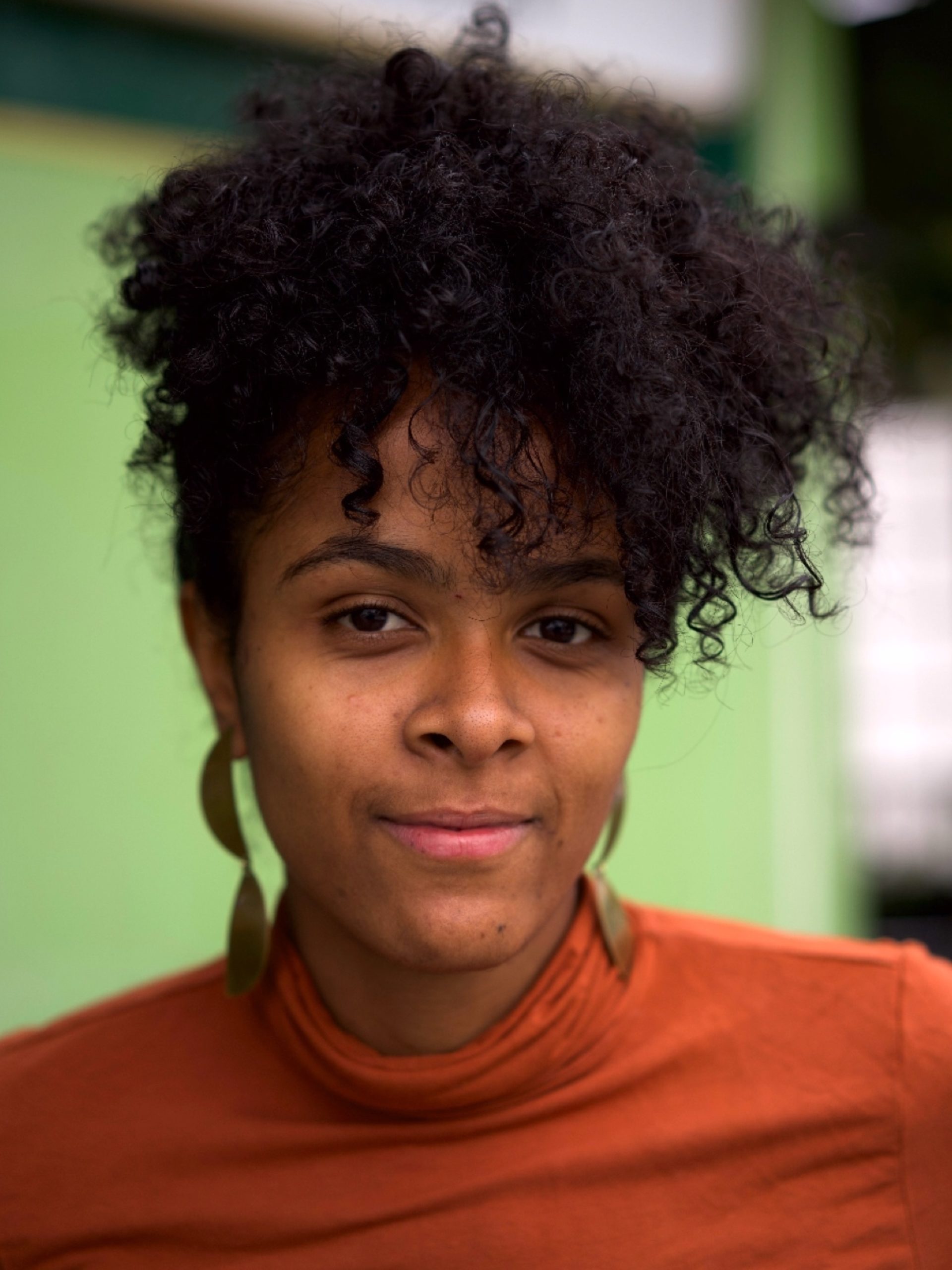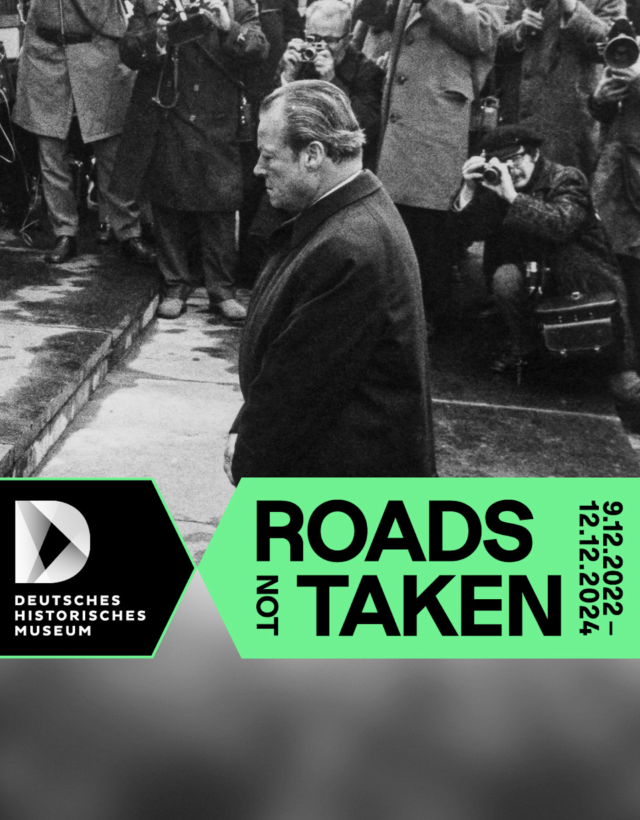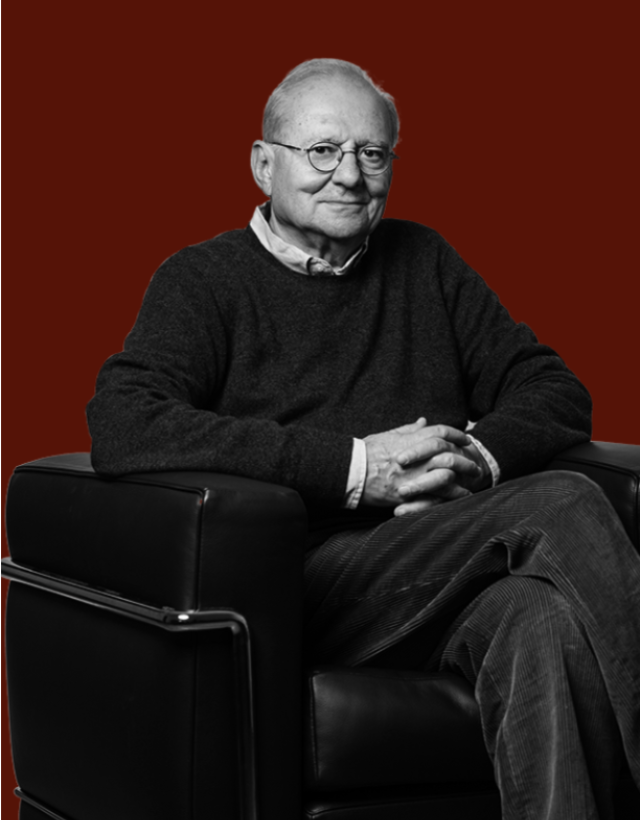
Homebase: Heidelberg, Germany
Job title: Coordinator European Coalition of Cities against Racism
Evein Obulor is working on different levels of our societies to fight racism. In her current position as the Coordinator of the European Coalition of Cities Against Racism she works on racial injustices at the city level. She facilitates the exchange of antiracist policies for more than 150 European cities and supports them in shaping a European platform that promotes the role of cities in building inclusive and antiracist societies. As the Founder of the Migration Hub Heidelberg, a network for initiatives and actors working in the fields of antiracism and migration, she supports grassroot organizations, especially BIPOC-led groups, in making their engagement more sustainable and visible. With an academic background in Political Science and Education (University of Heidelberg) as well as Peace & Conflict Transformation (UNESCO Chair for Peace Studies, Innsbruck University), Evein works as a trainer and consultant for projects related to antiracism, youth empowerment and women’s rights. As a facilitator of the Youth Think Tank, a platform for meaningful youth participation, she empowers young people to actively shape society. She is a passionate Black feminist who served as a Youth Observer for the UN Commission on the Status of Women and has a weakness for chocolate and movie nights.
The Black Lives Matter movement began on the streets. Activism has its roots in civil society. A lot of times, administrations themselves are at the center of attention for activists. It’s the racist structures and policies within the administrations of local governments that must be uncovered and changed.
For this change to happen, we need black, Indigenous and people of color (BIPOC) to be represented in institutions where decisions are made and implemented. BIPOC activists are necessary inside administrations.
The already existing BIPOC in administrations often work in isolated environments and face racial microaggressions and tokenism every day. At the same time, their communities criticize them for contributing to the "system" they are actually fighting to change. They carry a heavy burden. However, having BIPOC within our administrations is crucial for shaping an antiracist society. It will not only help to minimize blind spots but it will also prevent more racist local policies.
This is the focus of Evein’s project. Within the next 12 months, she wants to create a network in Germany for BIPOC working within local governments, politics, and administrations and a platform to empower and exchange best practices. This will help foster a safer space within a predominantly white work environment and will enable the participants to work on common strategies to help face their challenges. This network works from the inside out. On the inside, it would facilitate empowerment and a safer space for BIPOC. On the outside, it would educate and create opportunities for transformation and help white coworkers to shape a more inclusive work environment. This new BIPOC network leads to less racist structures inside local governments, which can lead to less racist policies and the diversification of our administrations. This will eventually help move our society towards becoming antiracist and more inclusive.
The process of building this network is designed from the bottom-up. The needs of BIPOC working in German administrations build the foundation. Therefore, the first part of the project will focus on reaching out to the target group and building relations to understand their specific needs through online and offline meetings. A two-day offline event marks the kick-off of the network. Different workshop sessions will open up spaces for discussions and exchanges to develop a shared vision, a PR strategy, and a working plan for the activities of the network. After this kick-off, the actual implementation of the goals that were set during the two-day meeting will begin. For example, through a PR campaign, the network will communicate its demands and ideas to the outside and become visible.
The evaluation of the first round network activities will be Evein’s focus for the last months of the fellowship. Together with all the network members, Evein wants to reflect on the process, collect feedback, and brainstorm how this network could become sustainable and more inclusive. The outcome of this reflection phase will be a little handbook that can also guide and inspire other BIPOC working in administrations all over Europe to build their own network and raise their voices.


